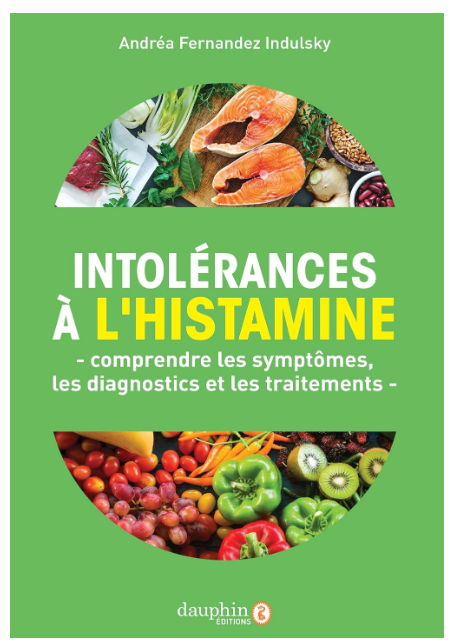Histamine and dysbiosis
Dysbiosis and Allergies: Understanding the Link to Better Living
Allergies are becoming increasingly common these days: food allergies, respiratory allergies, skin allergies... These reactions can be triggered by otherwise harmless substances such as pollen, certain foods or even animal hair. However, did you know that the balance of our intestinal flora (or microbiota) plays a fundamental role in regulating these allergic reactions? The link between dysbiosis (imbalances in the microbiota) and allergies is being increasingly demonstrated by research. Let's find out how!
The Intestinal Microbiota: Our Hidden Immune Defense
The microbiota is made up of billions of bacteria that actively participate in our health by boosting our immune system ️. A balanced microbiota keeps the immune system working properly and helps distinguish harmless elements from real threats.
⚖️ When the Microbiota Becomes Unbalanced: Dysbiosis
Two main types of dysbiosis can disrupt this essential role of the microbiota:
Fermentation dysbiosis : Overabundance of bacteria in the small intestine, which ferment carbohydrates and produce gas, causing bloating and discomfort.
Putrefactive dysbiosis: Excessive degradation of proteins in the colon, leading to the accumulation of toxins and inflammatory agents.
These two forms of dysbiosis can weaken the intestinal barrier and cause intestinal permeability. This "hyper-porosity" then allows undesirable elements (bacteria, toxins) to pass into the bloodstream, triggering abnormal immune reactions and, hence, allergies ️.
Dysbiosis and Allergies: A Cascade of Immune Reactions
When our gut is out of balance, the immune system is more likely to over-react to agents that wouldn't otherwise be a problem (like certain foods or pollens). Here's how it happens:
Compromised intestinal barrier: With a compromised intestinal barrier, unwanted molecules enter the bloodstream, stimulating an excessive immune response.
Increased Inflammation ⚡: Toxins from putrefactive dysbiosis promote chronic inflammation that sensitizes the body to allergens.
Stimulation of histamines: in dysbiosis, pathogens produce more histamine (responsible for allergy symptoms such as sneezing and itching), because the enzyme DAO, which helps break it down, is produced in a healthy microbiota. An intestinal imbalance can therefore amplify histamine-related allergic symptoms.
Restoring Intestinal Balance for Allergy Relief
Rebalancing the microbiota is essential for reducing allergies and boosting immunity. In our book, you'll find specific approaches to detecting and correcting dysbiosis, thereby restoring intestinal health and reducing sensitivity to allergens.
If this link between dysbiosis and allergies seems relevant to you, feel free to learn more in my book and share your opinion in a comment on Amazon ⭐ - your feedback helps others discover this information and benefit from it too .




